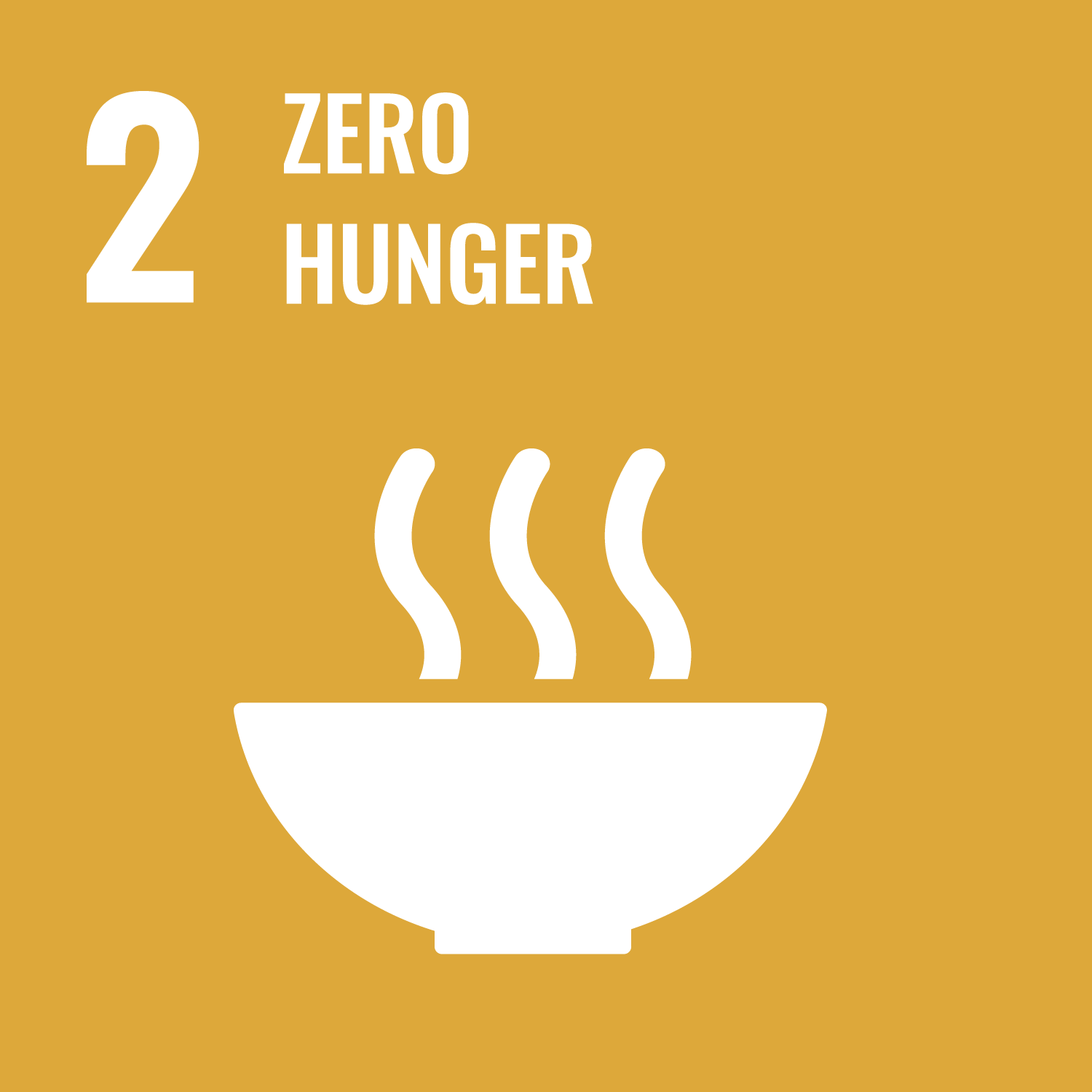SDG Detail
ANTH2003 - Food Across Cultures
NoneProject description
We all eat. But what, when, how, how much and with whom we eat is bound up with questions of cultural difference, gender and power. The study of food, eating and hunger has long held a particular fascination for anthropologists--from subsistence strategies to nutritional intake, from food taboos to the social rules that structure how people eat together. This unit introduces the idea that the everyday activities of cooking and eating are packed with economic, medical, political, and cultural meanings. We will focus on some classic anthropological work on eating as a social practice. Then we move to the concerns of contemporary anthropology, examining issues such as the global industrial food system, and the link between migration, ethnic identity and food. Throughout this unit we are concerned with everyday eating practices, exploring the extraordinary variety of food likes and dislikes in a range of ethnographic contexts.
Project aims
?
Project outcome
1. Analyse how the everyday activities of food classification, cooking and eating are packed with cultural meanings. 2. Identify connections between food, globalisation, consumption practices and class, identity and migration. 3. Analyse the relationship between food, gender and power. 4. Apply anthropological theory to the study of food-related practices in contemporary Australia. 5. Demonstrate a command of anthropological knowledge and theories as applied to the study of food and culture.
Related SDGs
The corresponding sustainable development goals correlated with this project. You you click the icon to link to SDG category description page.









